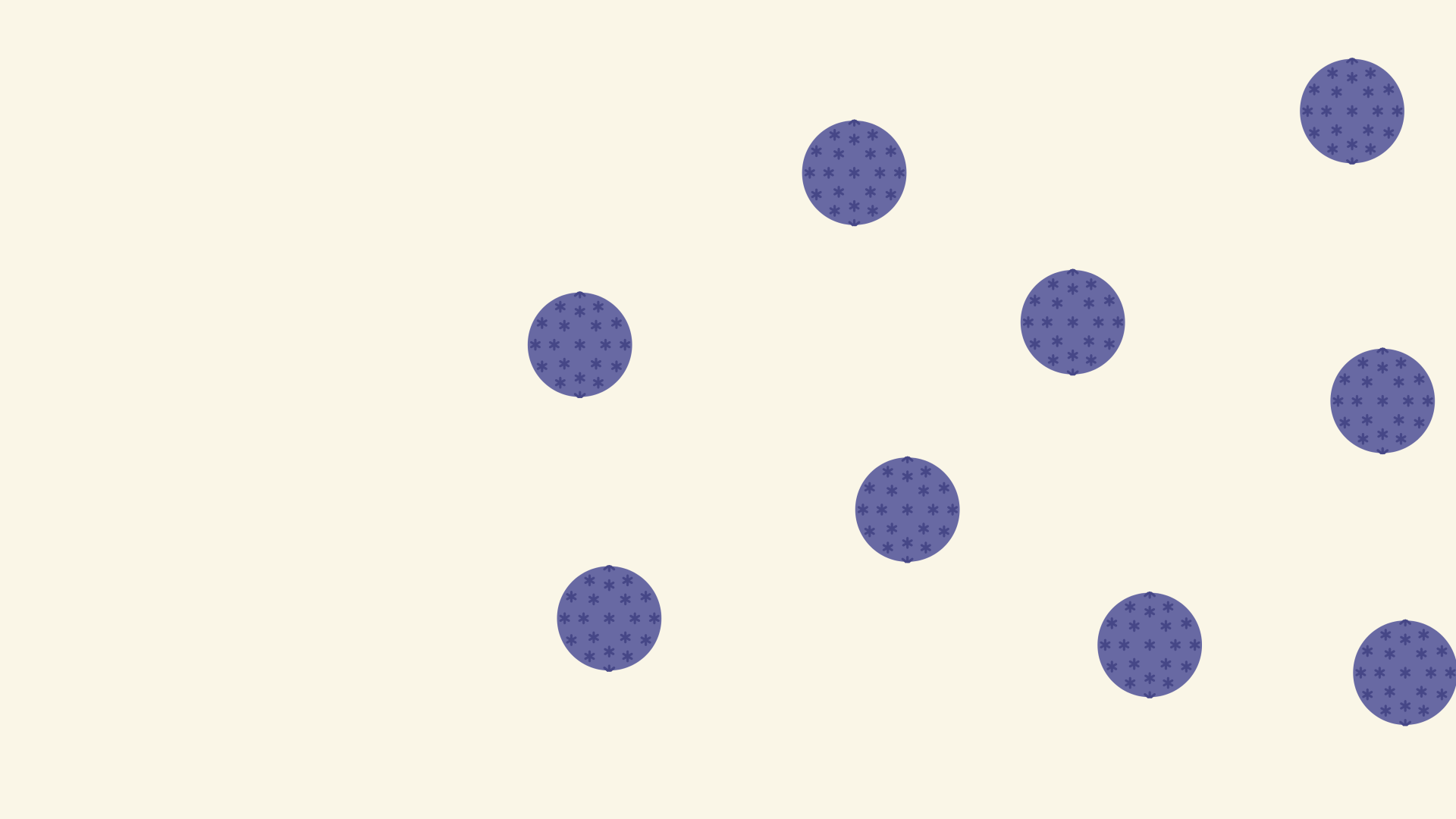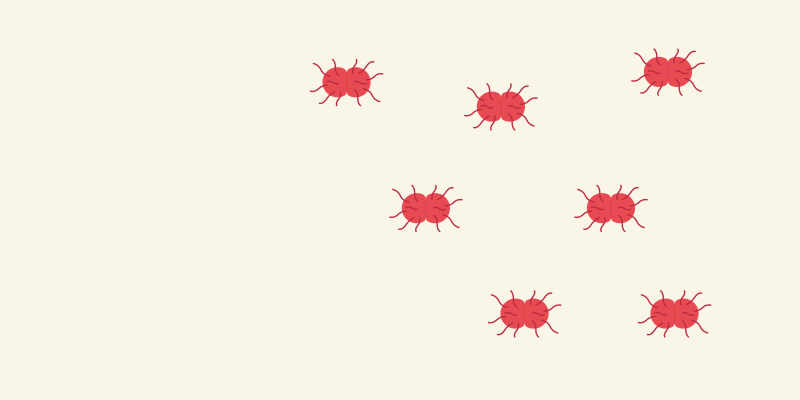Genital herpes is a common sexually transmitted infection caused by the herpes virus. It usually appear as small blisters or sores around the genitals, anus, thighs or bottom.
Key things to know
There’s no cure for the herpes virus, but treatment can help ease the symptoms when you first get it. Symptoms usually clear up after some time, but the blisters can come back in the future.
Contact your GP or visit a sexual health clinic if you have genital herpes and need treatment for blisters. You can also get in touch with us for advice and support.
Get in touch
Symptoms
Most people who have genital herpes won’t have any symptoms and may not even be aware they have the virus.
Where there are symptoms they usually include blisters and sore areas around the vagina, penis, anus and thighs. Oral herpes also affects areas around or on the mouth.
The first time you have an episode, it can last two or three weeks without treatment and often feels like the flu, with muscle aches, headaches, swollen glands and burning when you pee. If you get your first episode of herpes in the anal area, this can cause quite severe discomfort, diarrhoea and anal discharge.
If you think you are experiencing the first episode of herpes, contact your GP or visit a sexual health clinic to access treatment. Treatment can help ease symptoms.
Once initial symptoms clear, the virus remains dormant which can lead to recurring episodes. These generally result in fewer blisters/sores which are much less painful and only take a few days to heal. Most people don’t need treatment for recurrences, but treatment can be given if they are severe or happen frequently.
Transmission and prevention
Herpes is transmitted by direct contact, including genital-to-genital, mouth-to-mouth and mouth-to-genital.
Herpes is most infectious during episodes, from the first signs of burning/tingling until the skin has completely returned to normal. Even when there are no symptoms, it is possible to pass genital herpes onto your sexual partners.
If you have genital herpes and are experiencing an episode, you should avoid having sex from the first tingle or itch until any blisters or ulcers have cleared up.
Herpes episodes can be triggered when you are feeling run down or stressed. Irritation from clothing and using sunbeds can also trigger an episode. Try keeping a record of when you have herpes episodes and you may begin to see a pattern. If you do, try to adjust your lifestyle to avoid them.
If the episodes are very frequent, or they are severe and are affecting your quality of life, go to a sexual health clinic or your GP to discuss whether taking treatment will help.
Treatment
While there is no cure for the herpes virus, there are antiviral treatments that can relieve the symptoms. Different treatments are available depending on whether it is your first episode or a recurrent episode.
There are also things you can do at home to ease symptoms. You should try to keep the affected area as cool and dry as possible. Bathe the area in tepid salty water or take a cool shower. Avoid tight clothing and, if it’s practical, leave the sores exposed to dry out. If you have sores around the anus, make sure you keep your stools soft by either taking plenty of dietary fibre and fluids or using a stool softener such as lactulose. Protect the area with a little vaseline before going to the toilet – and wash afterwards.
Looking for advice?
If you are looking for information and advice on the transmission, prevention and treatment of sexually transmitted infections, we are here to help. Get in touch by filling out our contact form.




